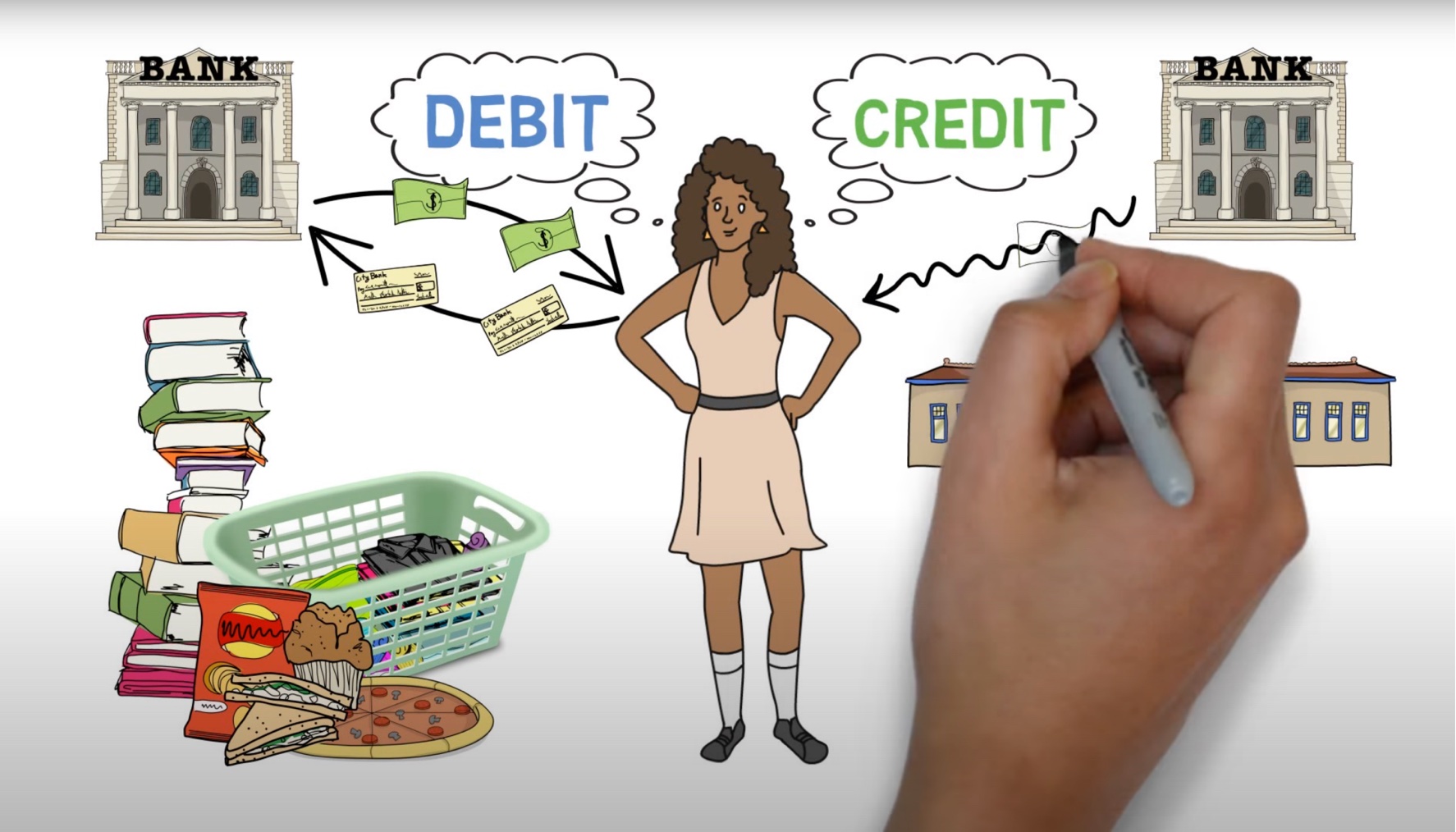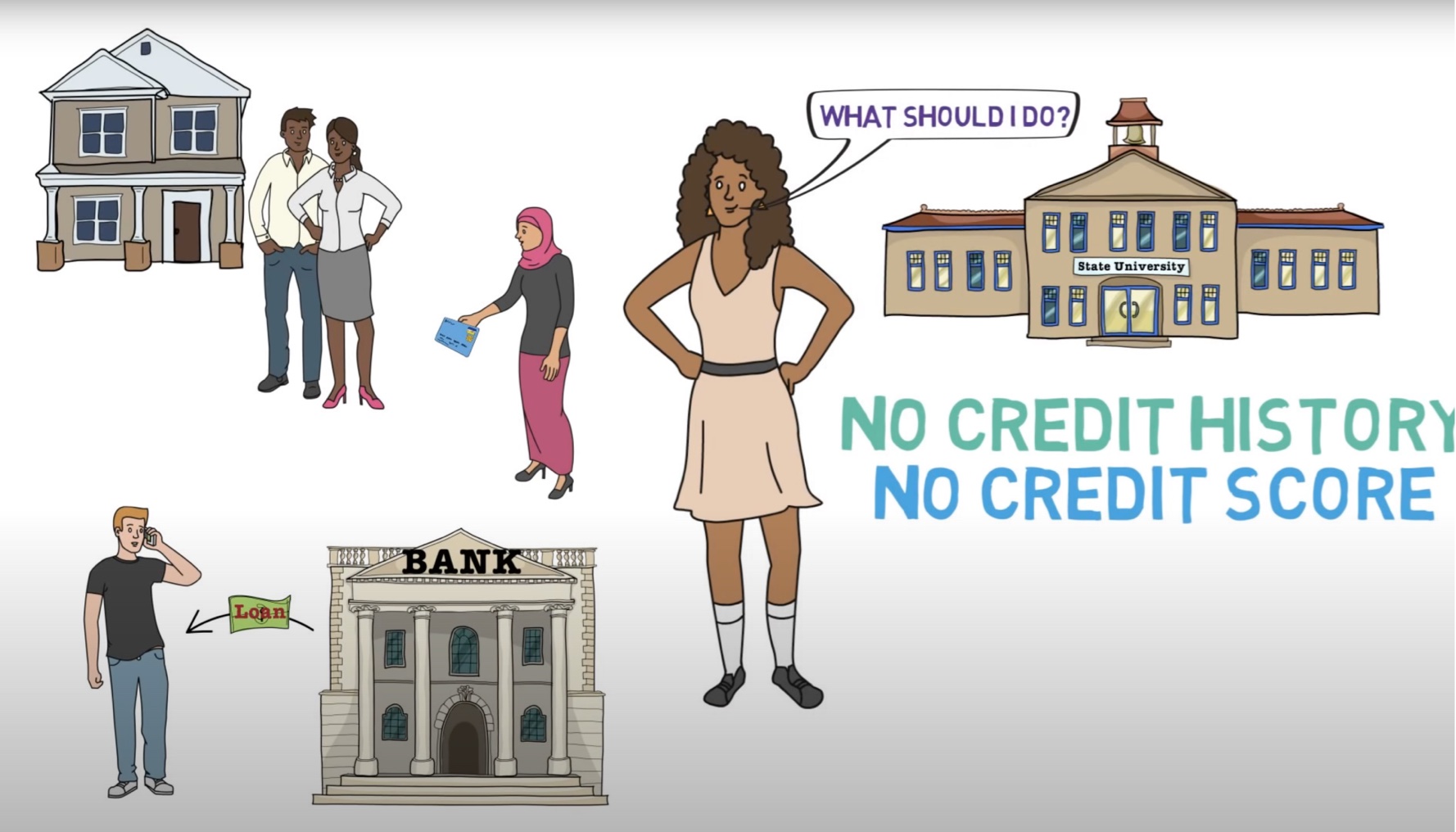This website uses cookies so that we can provide you with the best user experience possible. Cookie information is stored in your browser and performs functions such as recognising you when you return to our website and helping our team to understand which sections of the website you find most interesting and useful.
Having a credit card or two is a great way to build up your credit score. And having a good credit score helps you get better rates when you need to borrow money or finance a big purchase, like a car or a home.
Using Credit Cards
Credit cards can be very convenient for paying for all sorts of things. They can also give you rewards when you spend, like cash back. But if you don’t use them wisely, they can create real problems with debt.
What Is Credit and Why Is It Important?
Credit, or credit worthiness, is a way for lenders to decide if they’re comfortable lending you money. Credit scores are numbers that represent your credit worthiness. People from car dealers to landlords look at your credit to decide if you’re the right customer for them.
Get Answers:
Both debit and credit cards can be used to pay for things without using cash, and both are usually connected to a credit card company, like Visa or Mastercard. But debit cards are connected to your bank account, and they take money directly out of your account when you use the card. Credit cards are loaning you money (whether or not you have money in your bank account at the time), and they charge you interest if you don’t pay it all back on time (usually within 30 days).
Some credit cards have annual fees (usually around $100/year), but many don’t. But the true cost of using credit cards comes if you don’t pay off your balance in full every month or if you pay your credit card bill late. Interest and late fees can make credit cards VERY expensive to use.
If you have no credit or bad credit, you may also apply for a secured credit card, and these do cost a small amount of money (usually between $50-200). You can get this amount paid back after a period of time if you always pay your bill.
Paying late or not at all will result in the credit card company charging you late fees (usually around $15-25 each time). But paying late also means that interest will be added onto to what you owe, and that can become a big problem.
This is where you can really get into trouble—and lots of debt. Whenever you don’t pay off your balance in full every month, you get charged a lot of interest. And all of a sudden that grocery bill that was $100 can easily turn into $200 or more.
It really depends on what you want it for. Credit cards with the best rewards usually charge an annual fee of $100 more and often have the highest interest rates (APR). Other cards offer a lower APR but don’t offer much in rewards (like cash back or travel miles). The lower the APR, the lower the interest you’ll have to pay if you can’t pay off your entire bill on time.
One hard thing about getting your first credit card is that most credit card companies want to see that you already have good credit before giving you a card. But it’s hard to develop good credit without a credit card. Credit card companies also want to see that you have a job that provides you with a steady income. So having 6 months to a year of a steady job is usually a must. Often, students going to college will get credit card offers that may require a parent to co-sign. If you have no credit or bad credit, you may try applying for a secured credit card, which is kind of like a trial credit card that can turn into a normal (or unsecured) card if you prove your ability to pay off your balance regularly.
This is an easy one. No. You should never use a payday lender. Payday lenders do not offer you a grace period to pay back what you owe, so get charged interest no matter what. And the interest they charge is often way higher than a credit card. Credit cards will typically charge 5%-25% interest, or APR, if you don’t pay your bill in full every month. Payday lenders may charge as much as 500% interest no matter when you pay back the money, and that interest keeps adding up, leaving you with a real problem that is very hard to get out of.
A credit score is a number that lenders use to determine if you are a good person to lend money to. Any time you borrow money from places like a bank or car dealership—or use a credit card—information about how well you pay off your loan goes into a credit report that’s used to determine your credit score. Generally, if you always pay off your bills on time, and don’t borrow too much, you’ll develop good credit. Paying late, or borrowing more than you can afford to pay back, will usually result in a lower credit score, which makes it harder to borrow money.
Both no credit and bad credit can make it hard to borrow money from a lender or to apply for a credit card. No credit means that you have nothing on your credit report (you have never borrowed money from a bank or other lender and have never had a credit card before). Bad credit means that you do have a credit history, but you have a history of paying late or borrowing more than you can afford. That is why it is important to always pay off credit card bills in full every month you have a balance.
Credit scores are on a scale of 300 to 850. Usually a score of about 600 is the minimum score to have “good credit.” And the higher your score, the better interest rates you can get for things like buying a car or house.
Good credit opens up options for you to borrow money, buy a car or house, and even rent an apartment. And having good credit is becoming more important these days to pay for all sorts of things, or even to put a deposit on a rental car or a hotel room.
The only way to fix bad credit is to improve your habits. It takes time for bad marks on your credit history to come off and for the good marks (like always paying on time) to take over. There are organizations that can help you work with your creditors to make a plan for paying off any debt you may have. And if you feel there is something on your credit report that you think is wrong, you can challenge it. Check out the Useful Websites to find help.





